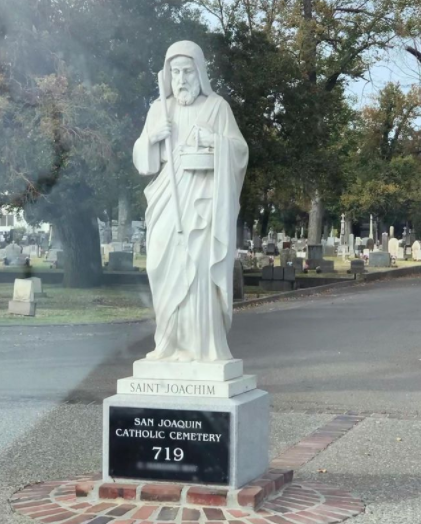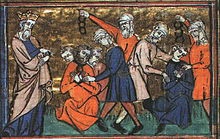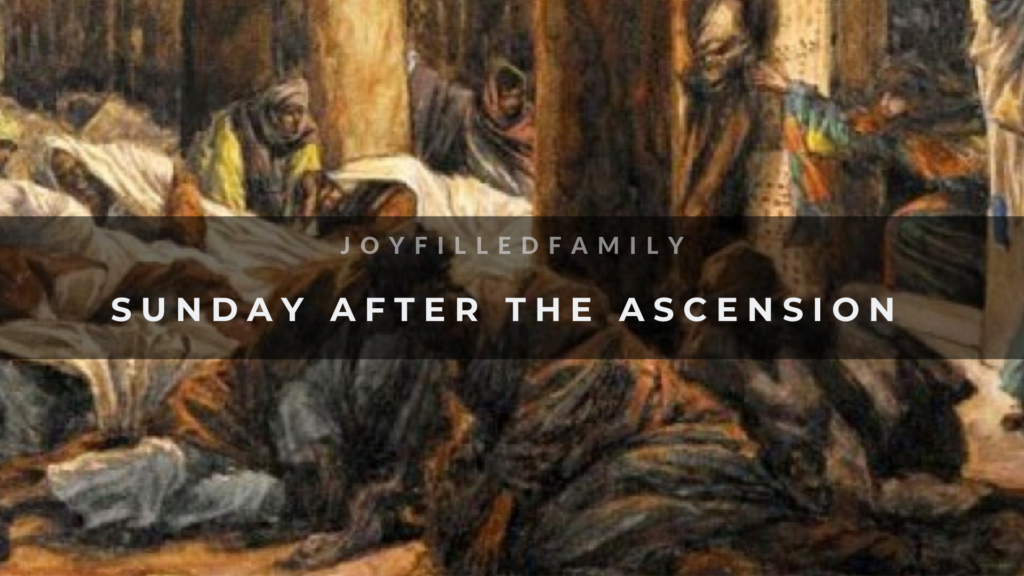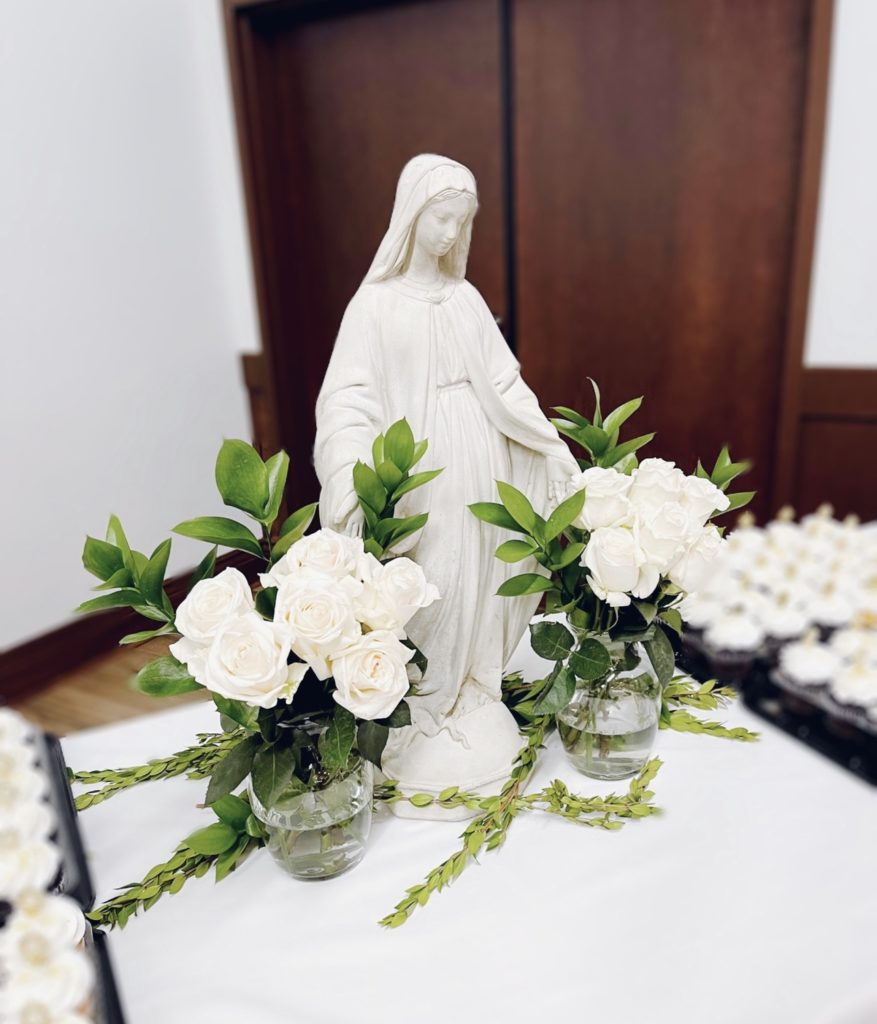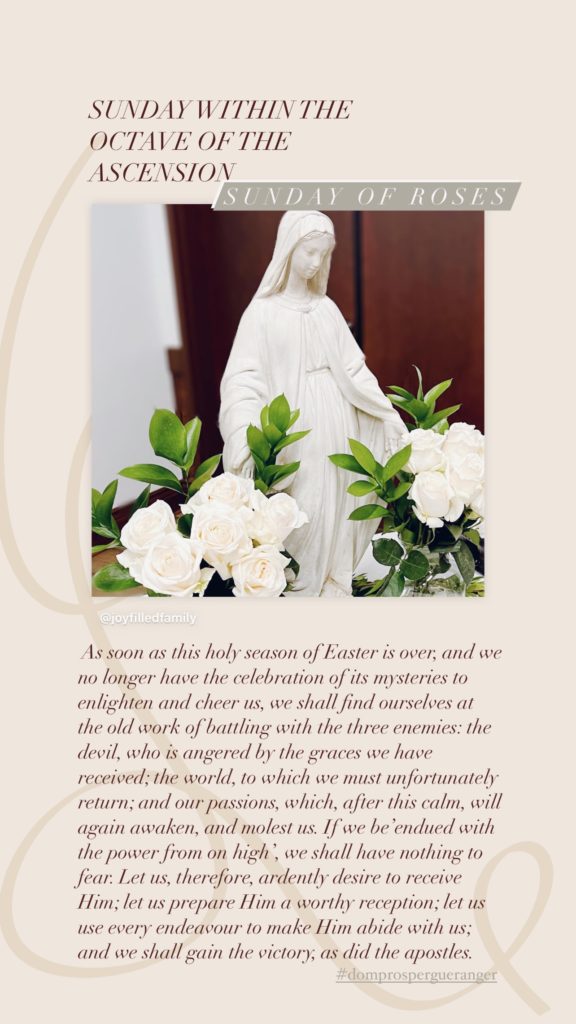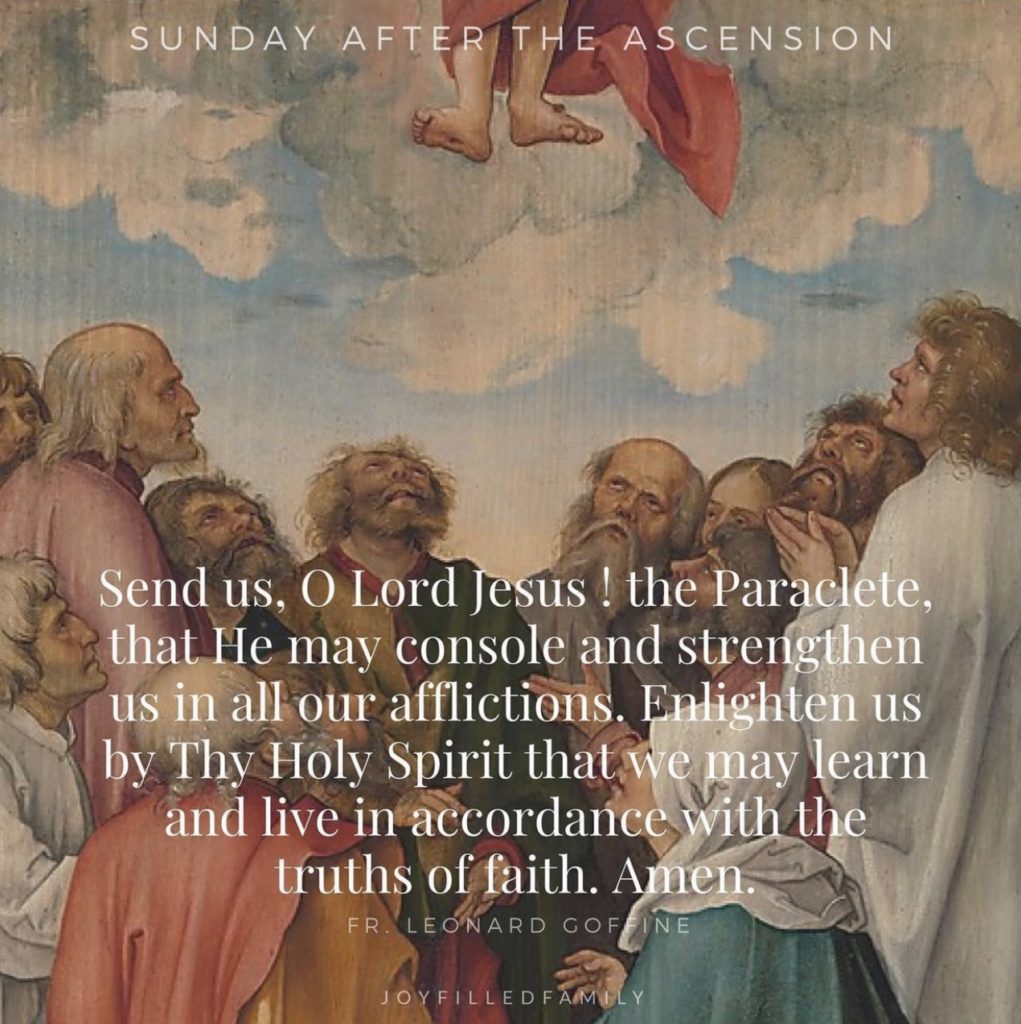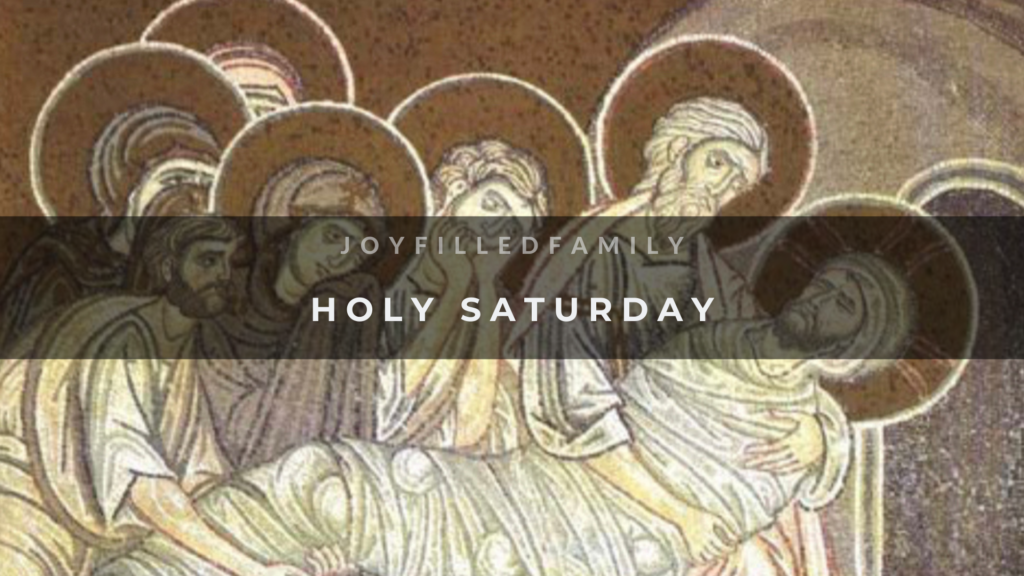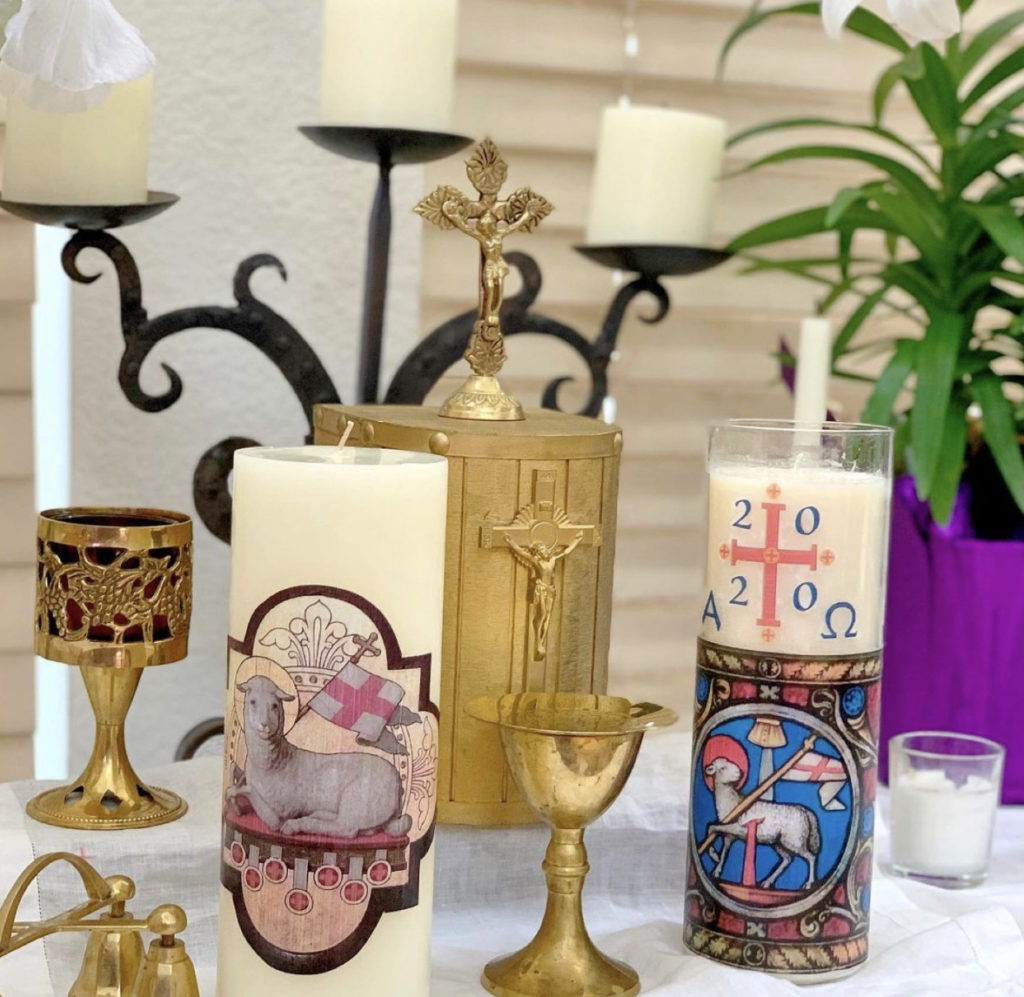Today, and throughout the octave of the feast of All Souls (11.2), we will visit the cemetery and pray for souls in purgatory. Then we will go to Holy Mass.
The following is instruction on this feast from #frleonardgoffine
The Introit of this day’s Mass as of all Masses for the Dead reads:
“Eternal rest give to them, O Lord: and let perpetual light shine upon them. A hymn, O God, becometh Thee in Sion; and a vow shall be paid to Thee in Jerusalem: hear my prayer; all flesh shall come to Thee. Eternal rest give to them, O Lord: and let perpetual light shine upon them.”
The Epistle and Gospel of this day speak of the resurrection of all men and of the judgment, when every one according as he has lived, sinful and impenitent, or pure and innocent, will receive an eternally miserable or an eternally happy life. Purgatory will then end and there will be only Heaven and Hell. It remains with us to choose which of these two we shall possess.
At the Offertory of the Mass the priest prays:
O Lord Jesus Christ, King of Glory, deliver the souls of all the faithful departed from the pains of hell and from the deep pit: deliver them from the mouth of the lion, that hell may not swallow them up, and they may not fall into darkness: but may the holy standard-bearer, Michael, introduce them to the holy light: which Thou didst promise of old to Abraham and to his seed.
We offer to Thee, O Lord, sacrifices and prayers: do Thou receive them in behalf of those souls whom we commemorate this day.
Grant them, O Lord, to pass from death to that life which Thou didst promise of old to Abraham and to his seed.
We may profitably and devoutly repeat the following as often as we pass a graveyard.
V. From the gates of Hell,
R. Deliver their souls, O Lord.
V. Eternal rest give to them, O Lord,
R. And let perpetual light shine upon them.
V. May they rest in peace,
R. Amen.
V. May the souls of all the faithful departed through the mercy of God rest in peace,
R. Amen.
